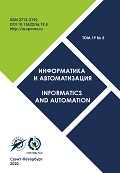Когнитивная природа современной сложности управления
Ключевые слова:
сложные социальные системы, управление социальными системами, сложность управления, ментальные, мыслительные, когнитивные возможности, самоорганизация и управляемая деятельностьАннотация
В работе анализируются процессы и механизмы деятельности общества, определяющие сложность управления в современных социальных системах (в частных и государственных предприятиях, высокотехнологичных программах, структурах государственного управления-регулирования экономических процессов). Показано, что основная причина современной сложности управления состоит в управлении многообразием не полностью формализуемых технологий деятельности социальных систем. Современными особенностями управления в сложных социальных системах являются существенное влияние технологий рынка, которые принципиально не регулируются нормами и институтами, и существенное влияние природных ограничений мыслительных возможностей человека управлять. Влияние слабоуправляемых в рынке технологий можно уменьшать путем использования сетевых, организационных, коллективных, информационных и иных развитых технологий обеспечения управления и путем использования интегрирующих научных методов. А для уменьшения влияния ментальных ограничений дополнительно требуется создание новых когнитивных технологий управления, позволяющих разделять функции управления на уровне мышления.Литература
Пунда Д.И. «Инструмент для руководителя» и современная потребность в обеспеченных представлениях деятельности организационных систем. // Проблемы управления и моделирования в сложных системах: Сборник трудов XIII Международной конференции (Самара, июнь 2011 г.). «Офорт», Самара. 2011. С. 524–538.
Пунда Д.И. Две формы представления деятельности, и когнитивная природа происхождения современного понятия «управление сложностью» // Проблемы управления и моделирования в сложных системах: Сборник трудов XIII Международной конференции (Самара, июнь 2011 г.). «Офорт», Самара. 2011. С. 512–523.
Юсупов Р.М., Соколов Б.В., Птушкин А.И., Иконникова А.В., Потрясаев С.А., Цивирко Е.Г. Анализ состояния исследований проблем управления жизненным циклом искусственно созданных объектов.// Труды СПИИРАН. 2011. Вып. 1(16). 37–109 с.
Сергеев С.Ф. Эргономика иммерсивных сред: методология, теория, практика: диссертация доктора психологических наук: 19.00.03 // СПбГУ. – Санкт Петербург. 2010. 42 с.
Щедровицкий Г.П. Мышление. Понимание. Рефлексия.// М., 2005. 800с.
Макаров В.Л. Социальный кластеризм. Российский вызов. // М.: Бизнес Атлас. И.Д. «Бюджет», 2010. 272 с.
Клейнер Г.Б. Стратегия предприятия. //М.: Дело АНХ, 2008. 568с.
Ясин Е.Г. Новая эпоха – старые тревоги: Политическая экономика.// М.: Новое издательство, 2004. 2 т. 272 с.
Аганбегян А.Г. О новой модели экономического роста в России.// Экономические стратегии. 2011. № 2 (88). 12–19 с.
Мау В.А., Алексашенко С.В., Бальцерович Лешек, Гуриев С.М., Аксель ванн Тротсенбург Доклады о проблемах развития современной экономики // Материалы XII Международной научной конференции по проблемам развития экономики и общества (Москва, 5–7 апреля, 2011 г.). НИУ ВШЭ. 2011. [электронный ресурс http://conf.hse.ru/2011]
Фролов И.Э. Размышления о применении экономической теории в прикладных социально-экономических исследованиях // Вопросы экономики. 2009. № 12. 72–82 с.
Чернавский Д.С. Распознавание. Аутодиагностика. Мышление. Синергетика и наука о человеке // М.: Радиотехника. 2004. 272 с.
Mainzer K. Thinking in Complexity. The Computational Dynamics of Matter, Mind, and Mankind.// New York: Springer. 2007. 482 с.
Miller George A. The Magical Number Seven, Plus or Minus Two. // The Psychological Review. 1956. vol. 63. 81–97 с.
Величковский Б.М. Когнитивная наука: Основы психологии познания: 2 т. // М.: Издательский центр «Академия». 2006. 298 с.
Рубини Нуриэль. Рубини: мировая экономика беззащитна перед повторной рецессией // NEWSru.com. Экономика. 6 сентября 2010 г. 2010. [электронный ресурс http://www.newsru.com/finance/06sep2010/rubini.html]
Валлерстайн Иммануил Динамика глобального кризиса: тридцать лет спустя // В: 18 сентября 2009. Новость дня. Аналитика мирового кризиса. ОКО ПЛАНЕТЫ. 2009. [электронный ресурс http://www.oko-planet.su/finances/financesday/19197-immanuil-vallerstajn-dinamika-globalnogo-krizisa.html]
Пригожин И.Р. Философия нестабильности // Вопросы философии. 1991. № 6. 46–52 с.
Курдюмов С.П. Примеры эволюции и самоорганизации // Синергетика и психология. 1 том. М.: МГСУ "Союз". 1997. 142–155 с.
Пунда Д.И. Две формы представления деятельности, и когнитивная природа происхождения современного понятия «управление сложностью» // Проблемы управления и моделирования в сложных системах: Сборник трудов XIII Международной конференции (Самара, июнь 2011 г.). «Офорт», Самара. 2011. С. 512–523.
Юсупов Р.М., Соколов Б.В., Птушкин А.И., Иконникова А.В., Потрясаев С.А., Цивирко Е.Г. Анализ состояния исследований проблем управления жизненным циклом искусственно созданных объектов.// Труды СПИИРАН. 2011. Вып. 1(16). 37–109 с.
Сергеев С.Ф. Эргономика иммерсивных сред: методология, теория, практика: диссертация доктора психологических наук: 19.00.03 // СПбГУ. – Санкт Петербург. 2010. 42 с.
Щедровицкий Г.П. Мышление. Понимание. Рефлексия.// М., 2005. 800с.
Макаров В.Л. Социальный кластеризм. Российский вызов. // М.: Бизнес Атлас. И.Д. «Бюджет», 2010. 272 с.
Клейнер Г.Б. Стратегия предприятия. //М.: Дело АНХ, 2008. 568с.
Ясин Е.Г. Новая эпоха – старые тревоги: Политическая экономика.// М.: Новое издательство, 2004. 2 т. 272 с.
Аганбегян А.Г. О новой модели экономического роста в России.// Экономические стратегии. 2011. № 2 (88). 12–19 с.
Мау В.А., Алексашенко С.В., Бальцерович Лешек, Гуриев С.М., Аксель ванн Тротсенбург Доклады о проблемах развития современной экономики // Материалы XII Международной научной конференции по проблемам развития экономики и общества (Москва, 5–7 апреля, 2011 г.). НИУ ВШЭ. 2011. [электронный ресурс http://conf.hse.ru/2011]
Фролов И.Э. Размышления о применении экономической теории в прикладных социально-экономических исследованиях // Вопросы экономики. 2009. № 12. 72–82 с.
Чернавский Д.С. Распознавание. Аутодиагностика. Мышление. Синергетика и наука о человеке // М.: Радиотехника. 2004. 272 с.
Mainzer K. Thinking in Complexity. The Computational Dynamics of Matter, Mind, and Mankind.// New York: Springer. 2007. 482 с.
Miller George A. The Magical Number Seven, Plus or Minus Two. // The Psychological Review. 1956. vol. 63. 81–97 с.
Величковский Б.М. Когнитивная наука: Основы психологии познания: 2 т. // М.: Издательский центр «Академия». 2006. 298 с.
Рубини Нуриэль. Рубини: мировая экономика беззащитна перед повторной рецессией // NEWSru.com. Экономика. 6 сентября 2010 г. 2010. [электронный ресурс http://www.newsru.com/finance/06sep2010/rubini.html]
Валлерстайн Иммануил Динамика глобального кризиса: тридцать лет спустя // В: 18 сентября 2009. Новость дня. Аналитика мирового кризиса. ОКО ПЛАНЕТЫ. 2009. [электронный ресурс http://www.oko-planet.su/finances/financesday/19197-immanuil-vallerstajn-dinamika-globalnogo-krizisa.html]
Пригожин И.Р. Философия нестабильности // Вопросы философии. 1991. № 6. 46–52 с.
Курдюмов С.П. Примеры эволюции и самоорганизации // Синергетика и психология. 1 том. М.: МГСУ "Союз". 1997. 142–155 с.
Опубликован
2011-09-01
Как цитировать
Пунда, Д. И. (2011). Когнитивная природа современной сложности управления. Труды СПИИРАН, 3(18), 320-335. https://doi.org/10.15622/sp.18.14
Раздел
Статьи
Авторы, которые публикуются в данном журнале, соглашаются со следующими условиями:
Авторы сохраняют за собой авторские права на работу и передают журналу право первой публикации вместе с работой, одновременно лицензируя ее на условиях Creative Commons Attribution License, которая позволяет другим распространять данную работу с обязательным указанием авторства данной работы и ссылкой на оригинальную публикацию в этом журнале.
Авторы сохраняют право заключать отдельные, дополнительные контрактные соглашения на неэксклюзивное распространение версии работы, опубликованной этим журналом (например, разместить ее в университетском хранилище или опубликовать ее в книге), со ссылкой на оригинальную публикацию в этом журнале.
Авторам разрешается размещать их работу в сети Интернет (например, в университетском хранилище или на их персональном веб-сайте) до и во время процесса рассмотрения ее данным журналом, так как это может привести к продуктивному обсуждению, а также к большему количеству ссылок на данную опубликованную работу (Смотри The Effect of Open Access).






